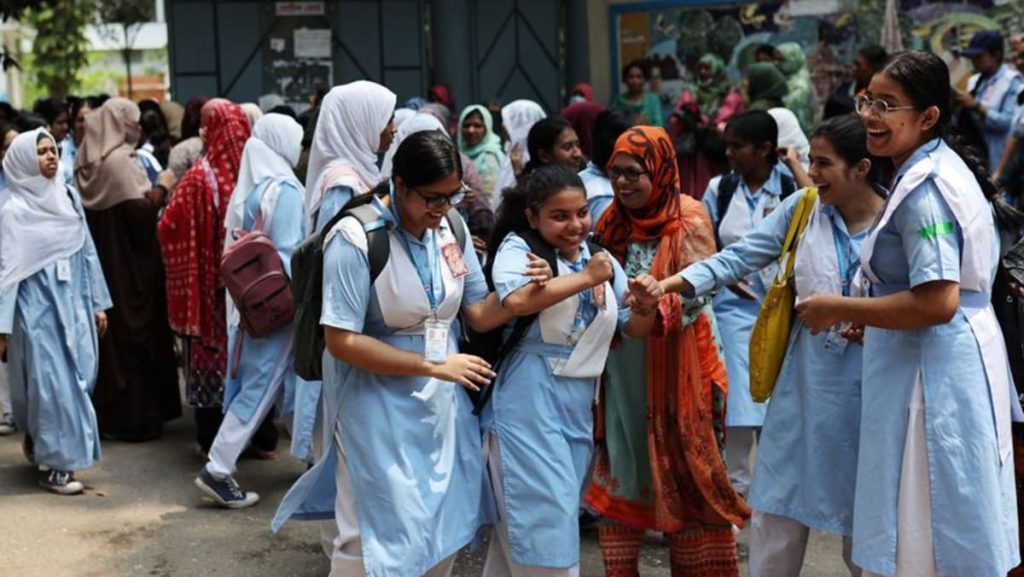Schools in Bangladesh have reopened after a searing heatwave forced closures last week. The country, with a population of 33 million students, has been facing high temperatures, with some areas reaching as high as 43.8 degrees Celsius. Despite pressure to prepare students for exams, the decision to reopen schools was made in an effort to prevent further widening of the learning gap between developing and developed nations in the tropics.
According to experts, the heatwave has taken a toll on the region, causing many deaths and exacerbating inequalities. Bangladesh has decided to hold classes on Saturdays until further notice to make up for lost time. The education ministry has stated that if necessary, schools will also open on Fridays to ensure that the curriculum is completed. The decision has been welcomed by parents, who believe that children will benefit from being back in school.
Scientists have attributed the increase in severe heatwaves to climate change, which is causing more frequent and lengthy periods of extreme heat during the summer months. The UN children’s agency estimates that nearly 20 million children in low-lying Bangladesh are directly impacted by these climate changes on a daily basis. In addition to the heatwave, a fire that broke out in the Sundarbans, the world’s largest mangrove forest, was brought under control on Sunday after spreading across three acres of land.
The heatwave in Bangladesh has led to water shortages and frequent power cuts, affecting the apparel sector, which makes up a significant portion of the country’s exports. The apparel sector, responsible for supplying retailers like H&M, Walmart, and Gap Inc., has been hit hard by the extreme temperatures. The reopening of schools and efforts to mitigate the effects of the heatwave are crucial steps in addressing the challenges posed by the changing climate. By taking proactive measures to combat the impacts of climate change, Bangladesh aims to protect its population and ensure the continued development of its education system and economy.


